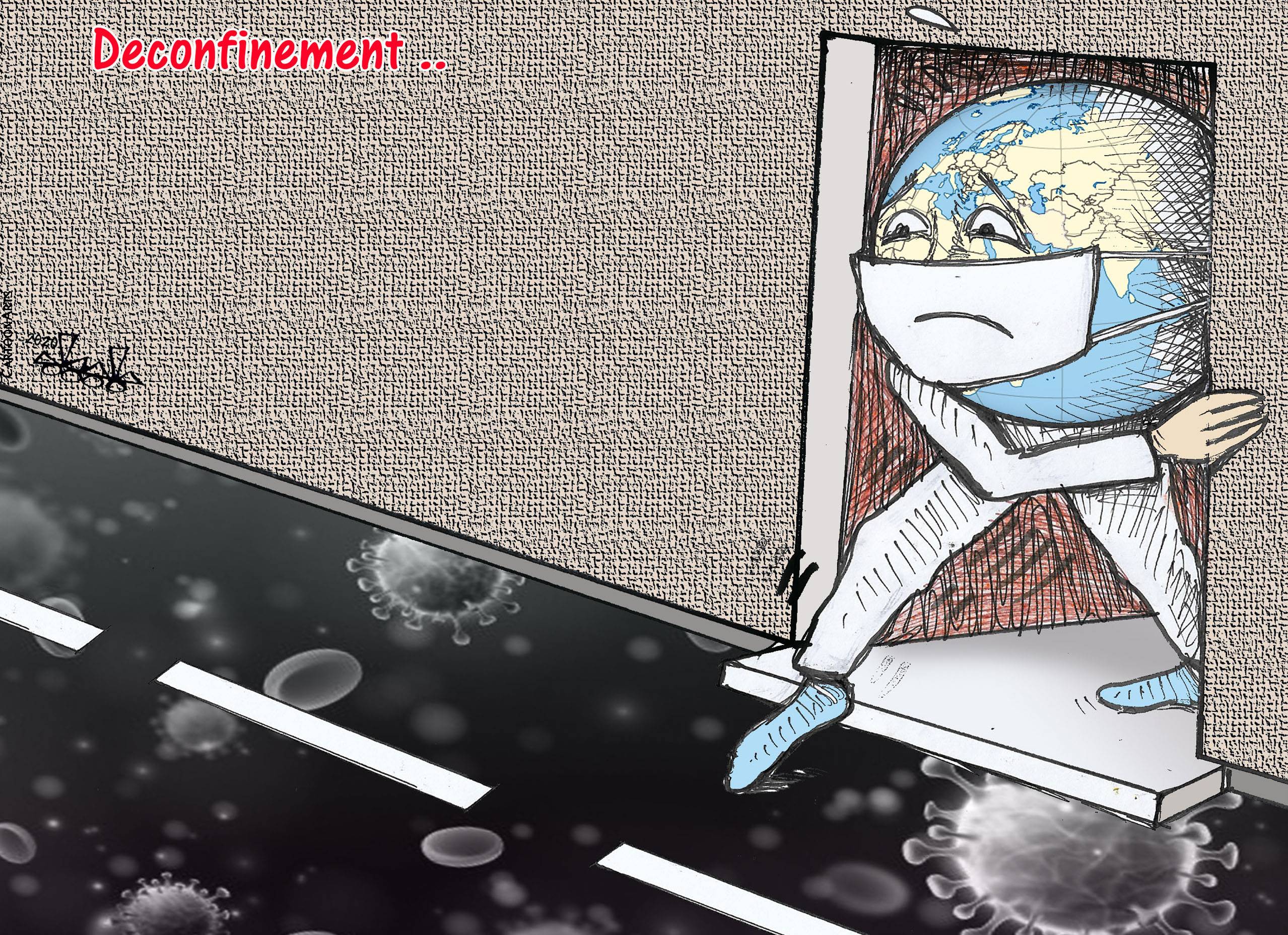In March, many governments around the world imposed strict controls on human meetings and movement — "lockdowns” — to slow the spread of the new coronavirus. The pandemic’s curves were soon "flattened,” sparing health services from being overrun. Now, in China, Europe, the United States and elsewhere, authorities are cautiously relaxing the rules. Lockdowns have been costly, but they helped us avoid a far worse catastrophe.
Yet our very success — tenuous as it is — has suddenly stirred contrarian voices, with some pondering the possibility that the lockdowns may not have had much effect. Statistician William Briggs insists that "there's no evidence the lockdown made a difference,” noting that the virus waned even in some nations — Taiwan, for example — that did not go into lockdown. An article in a right-wing British newspaper insists that there's not even a "shred of real proof” the lockdown did any good.
None of this should be taken seriously. The position flies in the face of overwhelming evidence, and accepting it requires the commission of a litany of basic errors in reasoning.

















With your current subscription plan you can comment on stories. However, before writing your first comment, please create a display name in the Profile section of your subscriber account page.